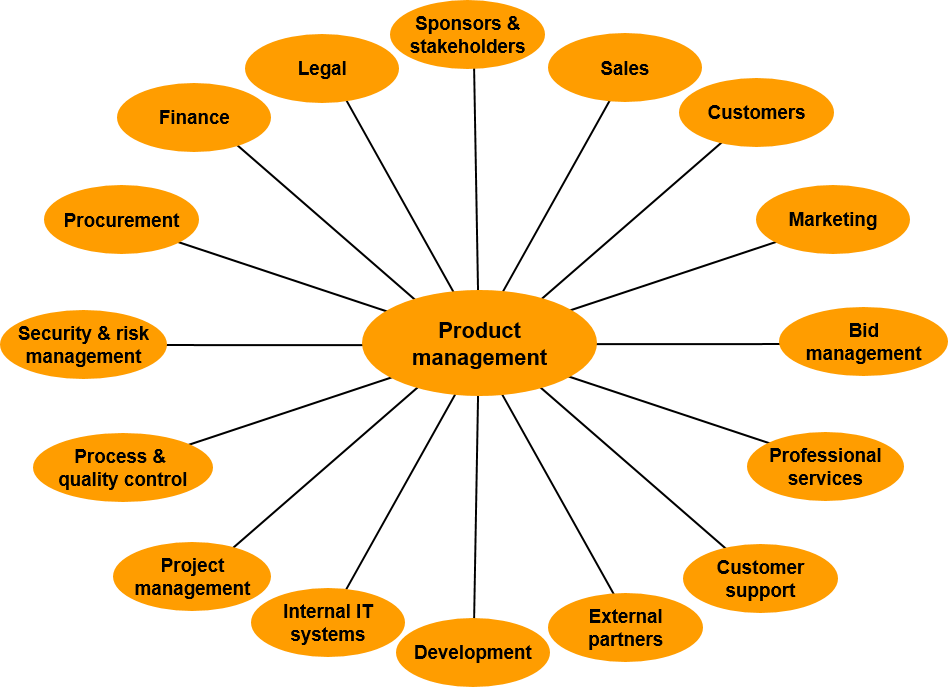Product Management Consulting: A Comprehensive Guide

Strong 8k brings an ultra-HD IPTV experience to your living room and your pocket.
In today’s competitive business landscape, the ability to effectively manage products from conception to market launch is crucial. Product Management Consulting offers businesses the expertise and strategic guidance needed to excel in this area. This blog explores the definition of product management, its applications, the benefits of Product Management Consulting, and other relevant details.
What is Product Management?
Product Management is the organizational function responsible for guiding the development, market launch, and continual support and improvement of a company’s products. It involves the entire lifecycle of a product, from ideation through development to customer feedback and iteration. A product manager (PM) coordinates with various departments, including engineering, marketing, sales, and customer support, to ensure that the product meets customer needs and aligns with the company’s strategic goals.
Key Responsibilities of Product Management
- Market Research and Analysis
- Identifying customer needs and market trends.
- Analyzing competitors and their products.
- Product Strategy Development
- Defining the product vision and roadmap.
- Setting goals and objectives aligned with business strategy.
- Product Development
- Working with engineering and design teams to create the product.
- Managing the product development timeline and budget.
- Product Launch
- Coordinating with marketing and sales teams to ensure a successful launch.
- Developing go-to-market strategies and campaigns.
- Product Lifecycle Management
- Monitoring product performance and gathering customer feedback.
- Continuously iterating and improving the product based on user data.
Applications of Product Management
- Product management plays a vital role across various industries and sectors, including:
- Technology
- Developing software and hardware products that meet user needs.
- Managing the lifecycle of applications, platforms, and devices.
- Consumer Goods
- Launching new products in response to consumer trends and feedback.
- Ensuring product quality and consistency in manufacturing processes.
- Healthcare
- Creating medical devices and healthcare applications that improve patient care.
- Navigating regulatory requirements and compliance.
- Finance
- Developing financial products and services such as mobile banking apps and investment platforms.
- Ensuring security and user-friendliness in financial technology products.
The Role of Product Management Consulting
Product Management Consulting involves partnering with experienced consultants who provide strategic advice, hands-on management, and actionable insights to help businesses develop and deliver successful products. Here’s how it benefits organizations:
- Expertise and Experience
- Consultants bring a wealth of experience from various industries and product categories, offering valuable insights and best practices.
- Objective Perspective
- An external consultant provides an unbiased perspective, helping to identify blind spots and new opportunities.
- Strategic Planning
- Consultants help define a clear product vision and develop a strategic roadmap that aligns with business goals.
- Efficient Development
- By optimizing processes and implementing effective project management techniques, consultants ensure timely and cost-effective product development.
- Market Alignment
- Through thorough market research and analysis, consultants ensure that the product meets market demands and stands out from competitors.
- Post-Launch Support
- Consultants assist in gathering and analyzing customer feedback, enabling continuous improvement and adaptation of the product.
Use Cases of Product Management Consulting
- Startups
- Early-stage companies can benefit from strategic guidance to navigate the challenges of product development and market entry.
- SMEs
- Small and medium-sized enterprises looking to scale their product offerings and improve market penetration.
- Large Enterprises
- Established companies seeking to optimize their product portfolios and stay ahead of the competition.
- New Product Development
- Businesses launching new products can leverage consulting services to ensure a smooth and successful market entry.
- Product Revitalization
- Companies with underperforming products can use consulting to identify issues and implement strategies to revitalize the product.
How to Choose the Right Product Management Consultant
- 2Relevant Experience
- Look for consultants with experience in your industry and a proven track record of successful product launches.
- Methodology
- Ensure they employ a structured and adaptable approach that aligns with your business needs.
- References and Case Studies
- Request references and review case studies to understand their past successes and client satisfaction.
- Communication and Collaboration
- Choose a consultant who communicates clearly and works collaboratively with your internal teams.
Conclusion
In today’s fast-paced and competitive market, effective product management is critical to business success. Product Management Consulting provides the expertise, strategic insights, and hands-on support necessary to develop and launch products that meet market needs and drive business growth. By partnering with experienced consultants, businesses can navigate the complexities of product development with confidence and achieve their strategic goals.
Note: IndiBlogHub features both user-submitted and editorial content. We do not verify third-party contributions. Read our Disclaimer and Privacy Policyfor details.


